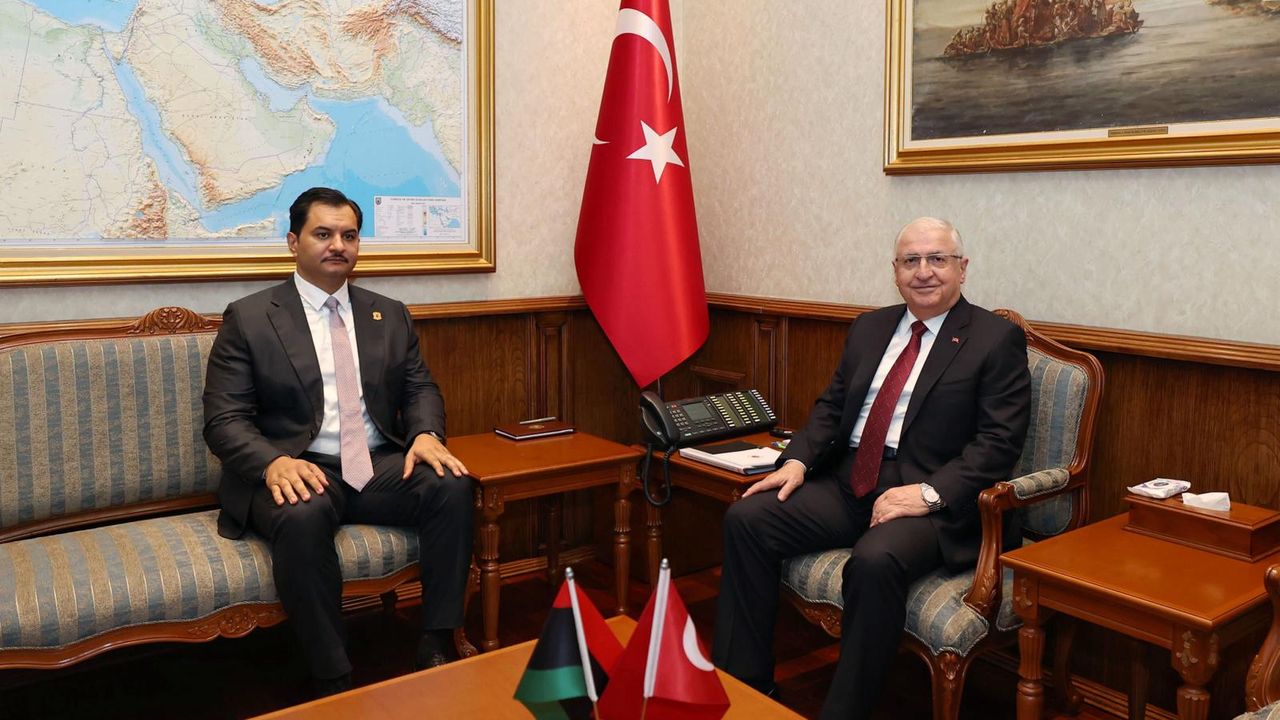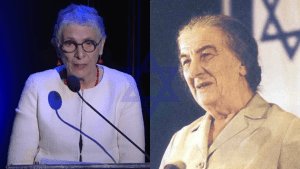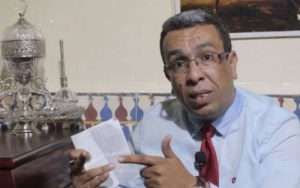Tunisia crisis: would the US cut IMF bailout?

Qatar’s Al Jazeera network reports that Tunisia’s President Kais Saied is in a pickle because of the jaundiced view NATO, the IMF and sundry commentators have of his country’s recent election, which we previously surveyed. The article, accompanied by a woman, presumably Tunisian, holding up a placard that reads “Together Fighting For Democracy”, gives the impression that Al Jazeera and the autocratic Kingdom of Qatar care about elections, democracy and all those kinds of things.
More to the point, it tells us that the U.S. is threatening to cut its military aid to Tunisia and to strong arm the IMF into refusing Tunisia the $1.9bn loan it needs to stay afloat. The U.S. and the IMF, it seems, are with Qatar on this one: they fear for Tunisia’s democracy. Kenneth Katzman, senior fellow at the Soufan Centre think tank, claims that this is a price Tunisia must pay for rocking the boat; the Soufan Centre was founded by FBI spy Ali Soufan and is headquartered in New York.
Abu Dhabi academic Monica Marks, a scholar of Islamist movements, gender, and politics in the Middle East, claims that the Gulf’s despotic rulers would have bailed out Saied had he maintained the democratic trajectory the U.S. had set for Tunisia. Marks maintains that, notwithstanding the fact that Tunisia’s economy is in dire shape, the main reason the Gulf states are not bailing out Saied is “his utter lack of diplomatic finesse”.
But it is not just Saied’s manners that are at fault, because Marks maintains that, if Tunisia wants Saudi money, it must conform to the IMF’s “preferred reforms” so that the “Gulf powers [can secure] a return on investment.”
Katzman, in contrast, is slow to cut U.S. aid as “civil society”, the 111 British NGOs and some19,000 other NGOs pecking away at Tunisia, need that foreign funding to complete their mission.

Although the opposition National Salvation Front views the Army as an impediment to them forming a national unity government, the Army is going nowhere. Like the rest of Tunisia, it is being jockeyed to better serve the needs of the U.S. military and its allies.
As William Lawrence of the Washington-based Middle East Institute puts it:”if [NATO] cut the military funding too much, the Tunisian army won’t be able to function” and that will impede U.S. efforts to draw Tunisia in tighter to the NATO fold.
Starved of NATO and IMF funding, President Saied has raised interest rates to 8%. This has caused his former allies in the National Association of Lawyers and the powerful UGTT labour union to jump ship, with the latter organising rolling national strikes and talking with opposition groups and thereby tipping the political scales against Saied and whatever military, financial and economic independence Tunisia still has left.
Want to chase the pulse of North Africa?
Subscribe to receive our FREE weekly PDF magazine













